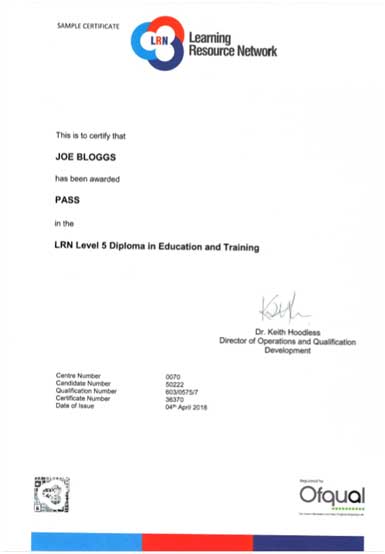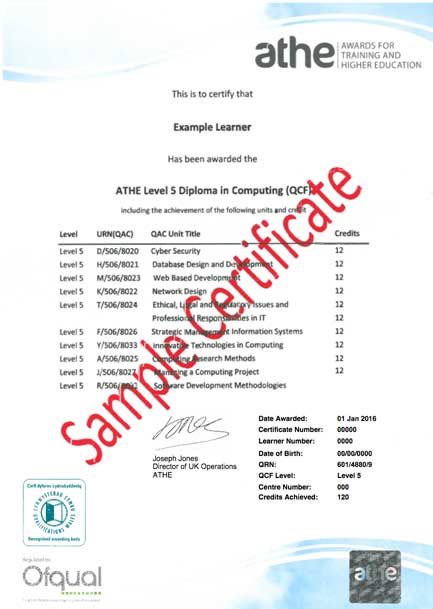Physics IGCSE
Physics IGCSE
£4999
About This Course
The Physics IGCSE is an internationally recognised qualification designed to develop a solid understanding of physics formulae, ideas, and studies within different circumstances, such as different types of motion. The course is mapped against Pearsons Edexcel international IGCSE Physics. This IGCSE qualification is the same as you would study in school.
In this course, students will study the practical nature of physics as well as the theoretical, learning to form hypotheses and design experiments. In terms of scientific knowledge, they will learn to evaluate the benefits and drawbacks of scientific and technological developments.
Students will also become familiar with, be able to utilise correctly, essential scientific formula, and identify the different symbols used within these formulae.
The content of this course is covered in 8 modules. It includes an assessment upon completion to help test and cement the student’s knowledge and understanding. Therefore, this gives our students the best chance of an IGCSE qualification in a flexible and affordable manner.
How will I know if I am eligible to complete an IGCSE?
The typical age at which people choose to complete the IGCES’s is 14 to 16, but anyone over the age of 14 can enrol onto this course. You also do not need any previous qualifications to be eligible for this course.
Course Fees
This course comes as part of a package where access to 4 IGCSEs is given for the price of £4999, these include English, Physics, Maths and Business Studies.
Students can make payment using one of the following methods:
- Credit or Debit Card
- Bank Transfer
- Interest Free Monthly installments
- Western Union
What is included in the cost of my course?
- All course material, including online modules and written assignments.
- Personal tutor support with 1-2-1 Zoom sessions where required.
- Dedicated student support
- Access to an online social learning forum
- Assignment marking and feedback.
Module Listing
Force and motion
- In every measurement that you make you need to measure in standard units. Over the millennia of measurement humanity has made use of a variety of means of measurement.
Electricity
- Units in electricity are a little more mysterious than those studied in force and motion, often people get confused and are not really sure what goes with what.
Waves
- When you have worked through this section, you will be able to use the following units: degree (°), hertz (Hz), metre (m), metre/second (m/s) and second (s).
Energy resources and energy transfer
- This module covers kilogram (kg), joule (J), metre (m), metre/second (m/s), metre/second2 (m/s2), newton (N), second (s) and watt (W)
Solids, liquids, and gases
- In working with the three states of matter, we find that there are a number of units that are very particular to this area of physics.
Magnetism and electromagnetism
- This module covers the following units: ampere (A), volt (V) and watt (W).
Radioactivity and particles
- We have all heard about radioactivity. It always has a very scary aspect to it. But just what is radioactivity?
Astrophysics
- The physics of forces and motion can also be applied to the bigger, and more unknown area of space. We can understand the motion of planets and why we have solar systems, galaxies, and the other contents of the universe. In this section we will look at the importance of gravity in space and some calculations of speeds in space.
Level: 5 Module Listing
Principles underpinning health and social care
All health and social care professionals have professional codes of conduct. This module aims to develop an understanding of the values, theories, and policies underpinning health and social care practice and the mechanisms that exist to promote good practice within the sector.
The management of quality in health and social care
Quality is an essential component of health and social care services and a concept with many different interpretations and perspectives. The aim of this module is for learners to develop an understanding of different perspectives on health and social care service quality and how it is evaluated in order to empower and involve users of services.
Research project
This module aims to develop the learner’s skills of independent inquiry and critical analysis by undertaking a small pilot investigation of direct relevance to their higher education program or professional development.
Partnership working in health and social care
The aim of this module is to enable learners to develop an understanding of the importance of working positively in partnership with others in health and social care. Learners will explore the nature of partnership on three levels. First, they will examine partnerships with users of services that empower individuals to make informed decisions and encourage independence. Second, they will consider partnerships between different professionals within the health and social care and explore inter-agency working. Finally, learners will investigate organizational partnerships and examine different ways of joint working.
Working with service users with complex needs
The aim of this unit is to help learners to understand issues of health, disability, and illness and how health care professionals can empower those with complex physical and mental health needs to determine their own care.
Sample Certificate

Level 5 Sample Certificate

How do I sit the IGCSE Exam?
Approximately 6 months before an exam date, Students should book their place at an exam centre to take the Pearson Edexcel International IGCSE Physics (specification 4PH1) exam.
The exam centre could be a private exam centre or a school or college that is also submitting its own students for the exam.
Edexcel publish a list of exam centres that accept private candidates. This won’t cover every available centre, so if there’s nothing shown in your area, we recommend contacting local schools and colleges directly.
Exam fees are not included in the course cost as they are paid directly to the exam centre. They will vary depending on which centre you choose.
Career path
Upon completion of this course, students will have the foundations and fundamental knowledge needed in order to study A levels or a Level 3 qualification with Mortha Halls of Ivy.
Progression
This level 5 qualification will enable students to teach in the post 16 tertiary education sector of colleges and community schools. The route to teaching in the state school sector using this level 5 qualification is through membership of the Society of Education & Training (SET).
To be eligible for SET membership students are required to have completed their Initial Teacher Training (ITT). ITT involves successful completion of a Level 5 Teacher Training Course, assuming candidates have already completed a Level 2 (GCSE) Maths and English or equivalent. Completion of the courses provides students with their Qualified Teacher Learning Skills (QTLS) which is equivalent to the Qualified Teacher Status (QTS) and sufficient to teach in state schools, as well as Further Education.
For more information on the QTLS and how to achieve it on completion of this level 5 Education and Training qualification, please click here
Students may wish to contact SET direct for further clarification of their requirements
Career Path
Successful completion of the full Level 4/5 Health and Social Care course and final year of an accredited Undergraduate Degree program will act as a springboard to a professional career in health and social care services. The course pulls together theory and practice for those who wish to work with people in a caring environment. It is suitable as a base for those who wish to move onto one of the many health or social professions or those who want to keep their options open.